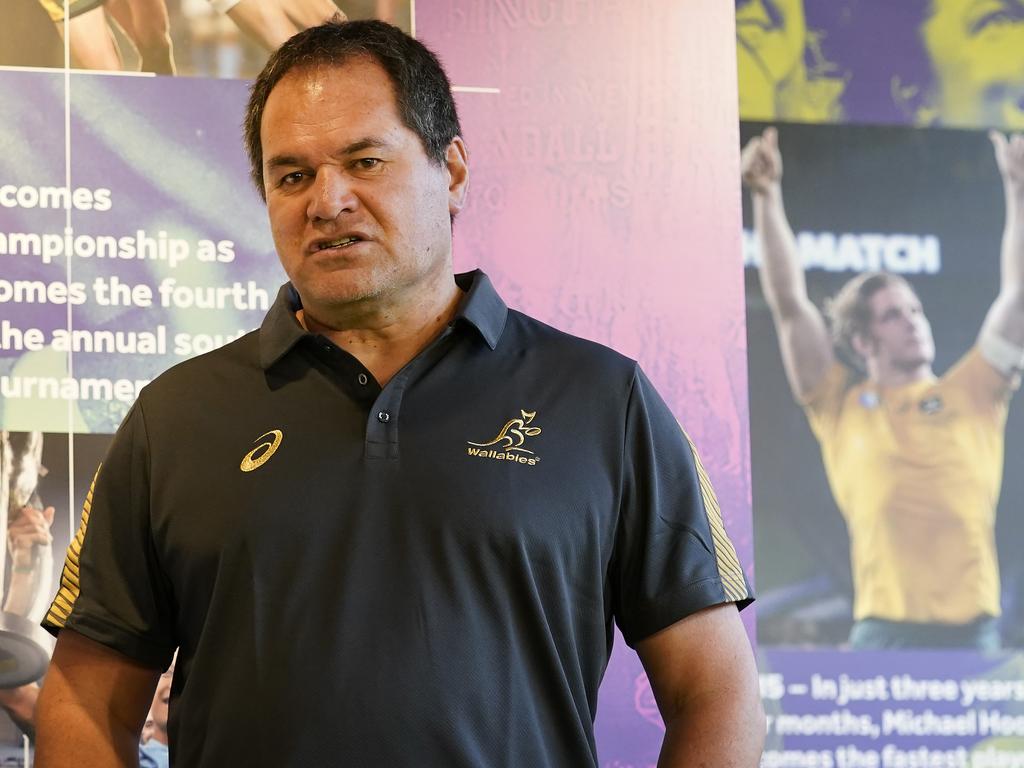
The question is what has prompted this new concern about national security and cyber risk, which is now being elevated to increase the complexity of foreign investment review laws.
Cybersecurity is a huge risk for every company and government but we are talking guidelines for foreign investment — not cyber controls — and the balance is between protecting national interest and blocking desirable foreign investment.
Frydenberg clearly believes the risks are there, and given their nature, he can’t let us into his secret.
The good news, according to Minter Ellison’s Davd Moore, is that what is being introduced really just codifies what is in practice already.
That means more clarity, which is good, but if it means more rules to work through it doesn’t help the cause.
There are some benefits, like giving private equity firms with passive investments from foreign governments a free ride.
An attempt to streamline the decision-making process would be a boon.
Under FIRB there are set industries and circumstances where filing is mandatory, like foreign government purchases or buying sensitive things like data centres or telephone cables.
If you don’t file you run the risk of penalties, and now the treasurer has so-called “call in powers” where he or she can say: “Hey you, file!”
Non-conformance with conditions will attract higher penalties and the FIRB budget will be increased by $50m to give it more muscle and create a more activist organisation.
The hope is that with it comes transparency.
Penalties of up to $525m for civil breaches are a whole new ball game, up from the six-figure penalties now in place.
The case of Henry Cheng’s CTFE control of Alinta three years ago is worth noting because contrary to reports of breaches, it has until calendar year’s end to meet the conditions, so despite reports it is so far so good, according to the company.
The reforms are being billed as the biggest for 20 years with the plan to give the treasurer more power, including divestment and increased scrutiny.
The changes will need some explaining offshore, even though in an Asia Society briefing this week Irvine went out his way to say the aim of FIRB is really to facilitate investment. Just how you do that by increasing the level of uncertainty and focus on compliance is not explained.
Frydenberg stresses how important foreign investment is to Australia, accounting for one in 10 jobs and 3.3 per cent of GDP, compared to the OECD average of 1.7 per cent.
Once again all this was pre-released to get the message across without any commentary, in what is known in the trade as a press gallery “drop”.
Many practitioners in the field would argue the treasurer has ample power under the existing legislation so there is no crying need for more changes.
He has absolute discretion, which his predecessors have used when desired, most recently to block CKI, a private Hong Kong-based company, buying APA back in 2018.
Frydenberg cites technological change and cyber risks as the major factors, which tells you he wants more power in a classic regulatory creep.
McFarlane’s strategy
Westpac chairman John McFarlane has looked at the work in front of him and decided that, if elected, he will serve longer than the one term planned.
He has decided the challenges ahead will take longer than first thought to clear and, while not committing to stay for a full second term, plans to extend his chairmanship past 2023.
The former ANZ boss became chairman in February, replacing Lindsay Maxsted, who stepped down in the wake of the governance gaps revealed in the Austrac scandal, a report into which Westpac released on Thursday.
McFarlane later this year will also unveil a new pay structure for senior executives which will do away with short-term incentives and put more emphasis on long-term bonuses.
This is a step towards the pay he received when running ANZ for a decade until 2007, where his cash pay totalled just $43.
This was the amount needed to join the staff social club. The rest of McFarlane’s pay was in ANZ shares, which was financially very beneficial for the Westpac chair.
Given the timing of the planned change in Westpac’s pay arrangements, it could be equally lucrative for its executives.
The new pay structure will be presented with the annual report later this year. McFarlane has identified at least two cultural issues at the bank, including distorted accountability chains, so it is difficult to know who is responsible for what, and poor execution.
Westpac has long had a culture of doing more, which has meant more reports and more analysis of decisions rather than actually doing what is needed.
Under Maxsted the whole board was responsible for risk, which had a good ring to it, but ultimately, as shown by the breaches of anti-money laundering laws in the Austrac scandal, it failed.
McFarlane has split audit and risk, with the latter under his old ANZ finance boss Peter Marriott and audit under former KPMG boss Peter Nash.
There will also be a separate technology committee under Alison Deans.
Westpac chief Peter King has mirrored the changes at executive level, with David Stephen in charge of financial risk and Les Vance as head of financial crime, compliance and conduct.
The changes put in place what many would regard as the right layers of defence. In risk issues this includes management, risk officers, the internal auditor, the risk committee of the board and the board itself.
The right processes ensure a board can maintain the right oversight even as a part-time unit.
The classic definition of the role of the board is to represent shareholders by asking questions, challenging management and supporting management.
This means sniffing the smoke under the door and shining the light where it needs to be shone.
The old Westpac board structure meant risk committees lasted too long, which meant they were not focusing on the right issues, which is why McFarlane split the structures.
Inevitably the debate moves to board structure, with some arguing there is too much emphasis on independence and not enough on knowledge.
Ultimately that is the responsibility of the chair: to ensure the processes are in place and the personnel are there to make the calls.
Watchdog win
ASIC has cleared another royal commission task with the Federal Court hitting CBA with a $5m fine in the AgriAdvantage case.
This was a classic fee for no service-type case which was self-reported by the bank back in 2017 but ended up being a royal commission case study.








When a former spook in David Irvine runs FIRB it is only natural security issues rank highly in national interest criteria for foreign investment review decisions and that is exactly the regime delivered by Treasurer Josh Frydenberg.